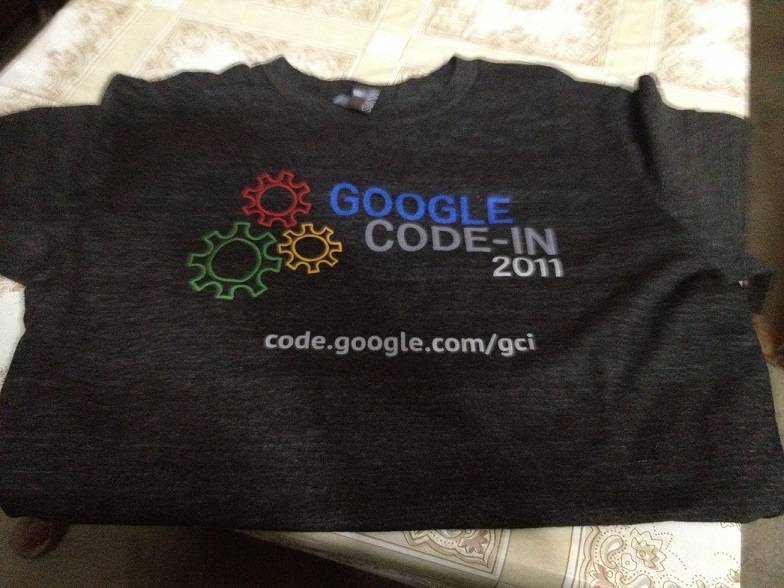One of the most valuable skills in our economy is becoming increasingly rare. If you master this skill, you'll achieve extraordinary results. -- Cal Newport.
There has never been a more difficult time to be a 'knowledge worker' than in this (over)connected age we live in.
A knowledge worker is anyone whose job requires them to process, interpret and utilise information. By default, every creative (techie or non-techie), academic and digital entrepreneur falls under this category.
Every knowledge worker knows too well the struggle of getting actual work done on a daily basis. What with the constant distractions and interruptions -- from social media, smartphone notifications and even the people around us -- that we always have to contend with.
Between managing a team of creatives myself, sifting through near-endless streams of external correspondence and creating actual stuff, I know I battle with this everyday. In my search for a 'way out', I discovered Deep Work: Rules for Focused Success in a Distracted World by Cal Newport.
I can honestly say that is one of the most remarkable non-fiction books I have read in recent times. While Newport's ideas aren't necessarily ground-breaking -- in fact, they're mostly ageless common sense -- his approach is refreshing and devoid of patronising rhetoric that is characteristic of most self-help books.
As opposed to bashing the phenomenon (distraction in a connected age) which the book sets out to counter -- another route most self-help books take -- Newport focuses on the benefits of deep work and how to achieve it.
According to Newport, there are 4 principles of deep work in a connected age:
- Work Deeply
- Embrace Boredom
- Quit Social Media and
- Drain the Shallows
Each of these points are explored in detail, punctuated by anecdotes from people in different fields of knowledge work.
In the case of working deeply for instance, 4 approaches are offered -- the monastic philosophy (become a digital recluse), bimodal philosophy (take periodic 'vacations' to work in solitude), rhythmic philosophy (commit to a daily routine for handling the most important work, embrace distraction outside this) and journalistic philosophy (seize the opportunity for deep work whenever it comes). All of them beneficial in their own way, depending on the nature of one's work and the urgency of their achievement.

Be the smartest in the room
Give it a try, you can unsubscribe anytime. Privacy Policy.
Deep Work's major strength, in my opinion, is its use of relatable anecdotes that provide practical and actionable lessons for everyone. I would rate the book a 4.5 out of 5 for its depth in presentation and coherent thought pattern.
If you are a knowledge worker looking to make sense of work amidst all the distraction, Deep Work comes highly recommended.





















